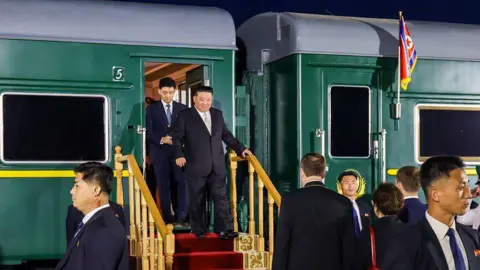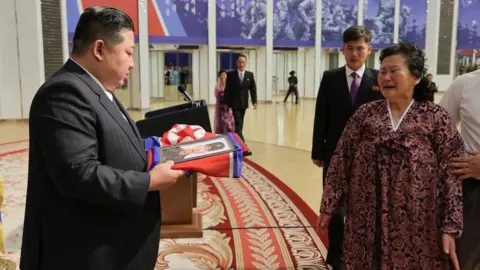For over two decades, Ramzan Kadyrov has ruled Chechnya with an iron grip, serving as a key ally to Russian President Vladimir Putin. His leadership has involved a systematic suppression of dissent and independence movements, allowing him to govern the region almost as a personal fiefdom. However, recent speculation about Kadyrov's health has initiated discussions about the future leadership of a region scarred by violence and extensive loss of life during conflicts in the 1990s and 2000s.
As he turns 48 years old, Kadyrov's ill health poses new dilemmas for both his followers and the Kremlin. There is growing speculation that he may promote his 17-year-old son as his successor. Yet, this plan is complicated by Russian regulations mandating that regional leaders be at least 30 years old. Potential alternatives for succession include individuals known for their severe measures against dissent, as well as some linked to military actions in Ukraine.
Kadyrov has distinct privileges among Russia’s regional leaders, overseeing what can effectively be viewed as his own personal army and maintaining a degree of autonomy that has allowed him to impose strict Islamic laws that conflict with federal law. Notably, Chechnya was excluded from the mass conscriptions initiated after Russia's 2022 invasion of Ukraine, though certain individuals have reportedly been sent to the conflict as punishment. Kadyrov’s forces, often mockingly referred to as "TikTok soldiers," initially engaged in combat but soon became known more for their social media presence than battlefield effectiveness.
As Chechnya enters this uncertain phase, the question remains: who will be able to wield control over a region still reeling from its history of conflict?





















